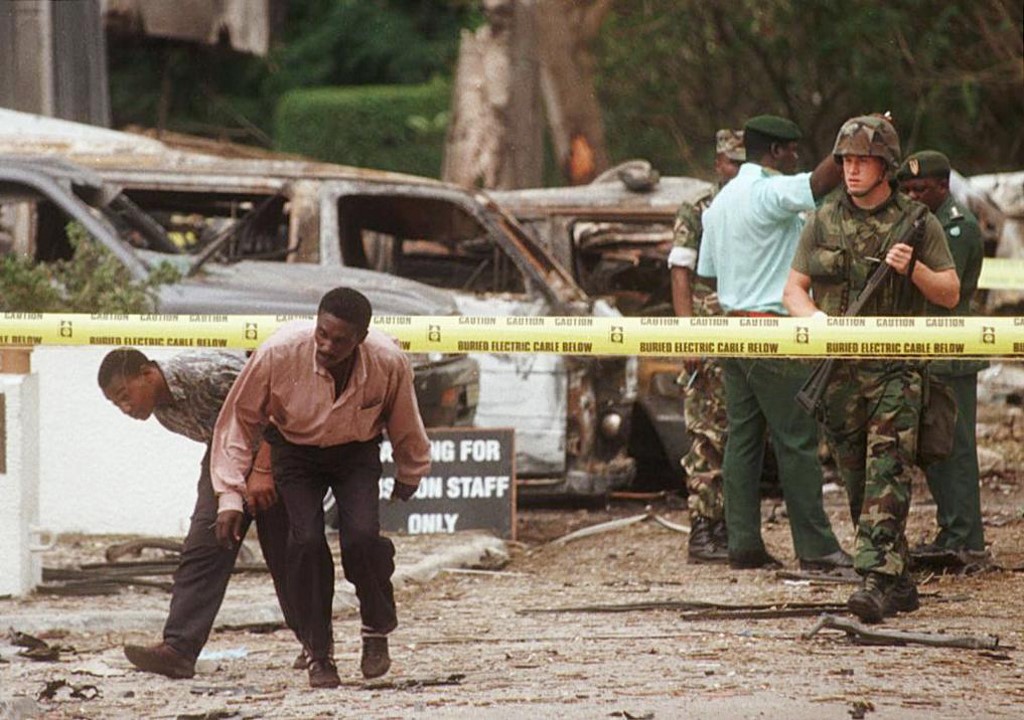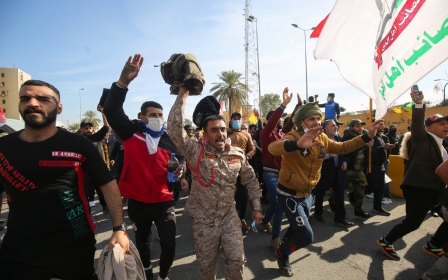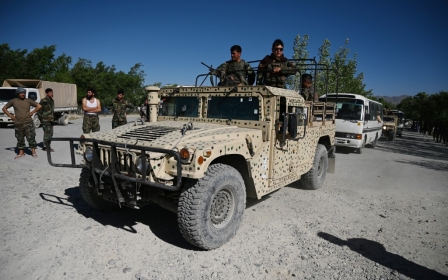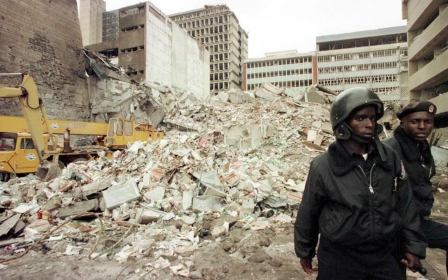Iran dismisses claims al-Qaeda deputy leader was killed by Israel in Tehran
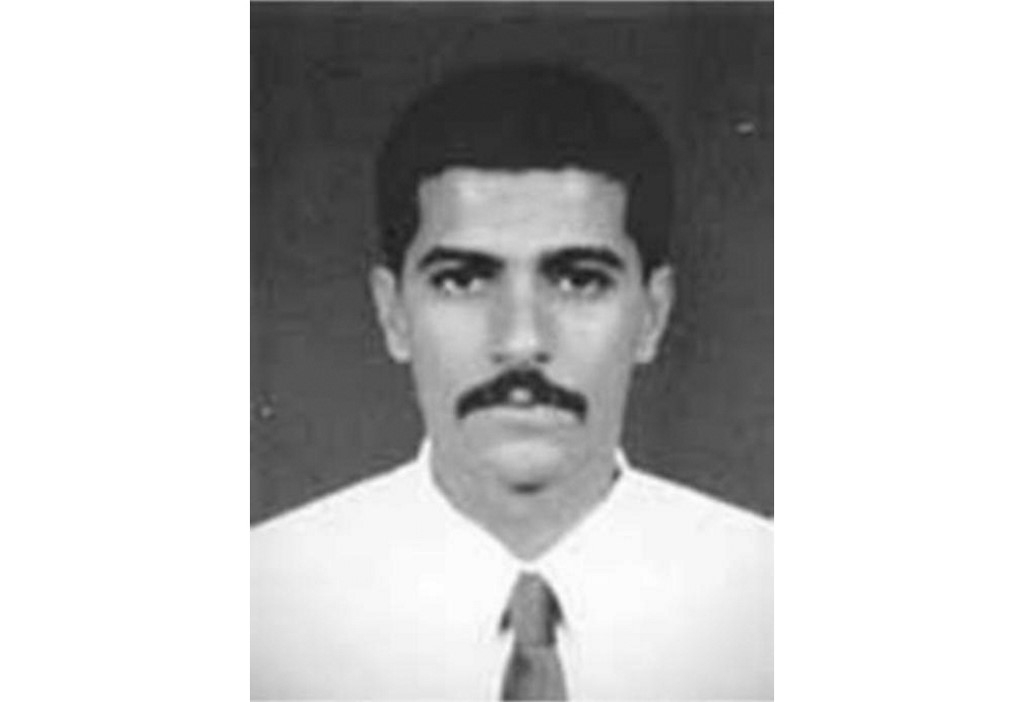
Iran dismissed reports that Israeli agents assassinated al-Qaeda's deputy leader in Tehran, and denied the presence of the militant group in the country.
Late on Friday, the New York Times reported that Israeli agents had assassinated deputy al-Qaeda leader Abdullah Ahmed Abdullah, also known as Abu Muhammad al-Masri, in Tehran.
The assassination allegedly took place in August this year, with Miriam, the widow of Osama bin Laden's son Hamza, also being killed, according to US intelligence sources who spoke to the Times.
Masri was allegedly shot by two Israeli operatives on a motorcycle at the request of the United States. He had been indicted in the United States for the 1998 bombings of its embassies in Tanzania and Kenya.
Foreign ministry spokesperson Saeed Khatibzadeh, however, denied Masri's assassination on Saturday, saying the reports were part of the United State's "Iranophobic" agenda.
"[The United States and Israel] try to shift the responsibility for the criminal acts of [al-Qaeda] and other terrorist groups in the region and link Iran to such groups with lies and by leaking made-up information to the media," Khatibzadeh said in a statement.
"Even though America has not shied away from making any false accusation against Iran in the past, this approach has become routine in the current US administration.
"The media should not be a loudspeaker for the publication of the White House's purposeful lies against Iran."
Masri was wanted by the FBI for his alleged involvement in the embassy bombings, with his picture still on the Most Wanted List as of Friday.
Iran has vehemently denied claims that it has harboured members of al-Qaeda. But in 2018, Iranian foreign ministry spokesperson Bahram Ghazemi said that some al-Qaeda members had sneaked into Iran via its border with Afghanistan.
Western intelligence officials have also said that al-Qaeda leaders had been kept under house arrest by the Iranian government, which then made two deals with Washington to release some in 2011 and 2015.
US intelligence officials told the Times that Masri had been in Iran's "custody" since 2003 and been permitted to live freely in the upscale Pasdaran suburb of Tehran since 2015.
His reported killing took place amid a wave of explosions and fires that rocked Iran, targeting military and civilian infrastructure.
Middle East Eye propose une couverture et une analyse indépendantes et incomparables du Moyen-Orient, de l’Afrique du Nord et d’autres régions du monde. Pour en savoir plus sur la reprise de ce contenu et les frais qui s’appliquent, veuillez remplir ce formulaire [en anglais]. Pour en savoir plus sur MEE, cliquez ici [en anglais].


